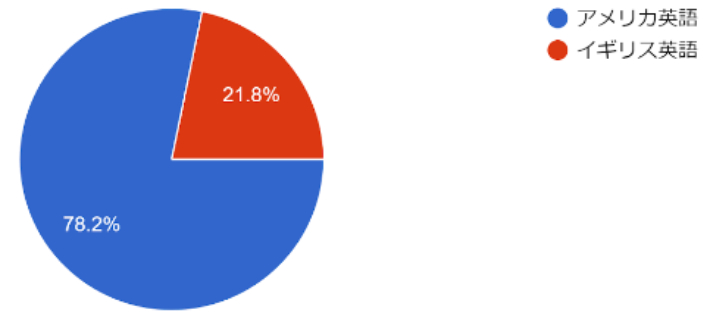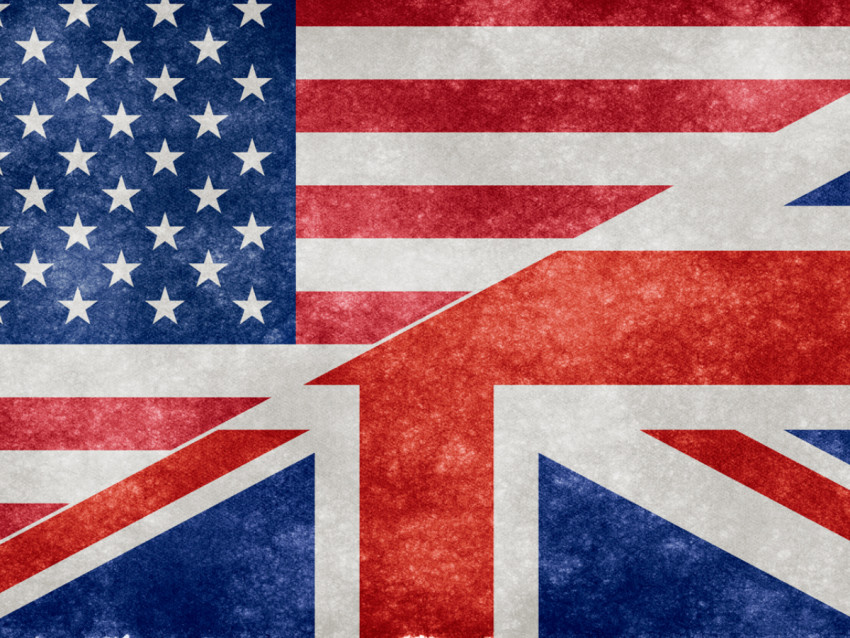British and / or American English
英語のブログ
インクル英会話のネイティブ先生のブログから英語を勉強しましょう。
Which is more popular in Japan: British English or American English?
As a Brit living in Japan, I’ve found myself on a number of occasions needing to defend my version of English against those from the other English speaking countries; Australia, Canada, New Zealand and the United States
Though the tension is only between us English speakers, it seems that the blame actually lies with those involved in the industry of studying the language, as pupils and teachers try to sort the variations of our language into groups of something along the lines of ‘most understood internationally’ or ‘easier to understand’.
At the end of the day, we should really just be accepting of each other’s versions of English. There is really no right or wrong, but alas, people will be people.
In a recent survey, 78.2% of English students chose American English, whilst 21.8% favored British English.

But what’s actually interesting is the reasoning why these students prefer one type of English over the other.
The following is a list of the most popular reasons given by those who chose American English.
– “Because American English is easy to hear.”
– “I have the impression that it is more commonly used across many countries.”
– “I was learning American English at school so American English is more familiar.”
– “Because I watch American English movies, dramas, etc.”
– “Because American English is used by more people worldwide.”
The reasons why those who choose British English are listed below.
– “British English is more polite”
– “Because I like the pronunciation of British English.”
– “Because I want to learn traditional English.”
– “Because British English is more authentic, it sounds intelligent.”
– “British English is better. It feels graceful and noble, and it's easy to pronounce.”
Some of these reasons do feel a little biased or based on stereotypes, for example, I’ve never felt worried about travelling across the world just because I speak British English instead of American English – In fact, most of the times I’ve travelled internationally I’ve worried more about knowing a few phrases in the language of the country I’m visiting rather than whether my English will be understood by the locals.
But it may also be true that American English is at least more widely broadcast across the world than British English.
I would also disagree that British English is easier to pronounce, but that’s down the individual decide.
When I was younger I may have joked around about the way things are said outside of Britain, but as I’ve got older, I’ve found myself adopting ‘Foreign English’ words, expanding my personal lexicon and pronunciation instead of limiting it.
It seems to me that if English is such an international language, then it shouldn’t really have these borders set up that confines it to one region or another.
After all, ‘Tomayto Tomahto’ right?




 テレビCM
テレビCM インクルブログ
インクルブログ カレンダー
カレンダー 英検結果
英検結果


 無料体験・お問合せ
無料体験・お問合せ 053-434-4821
053-434-4821